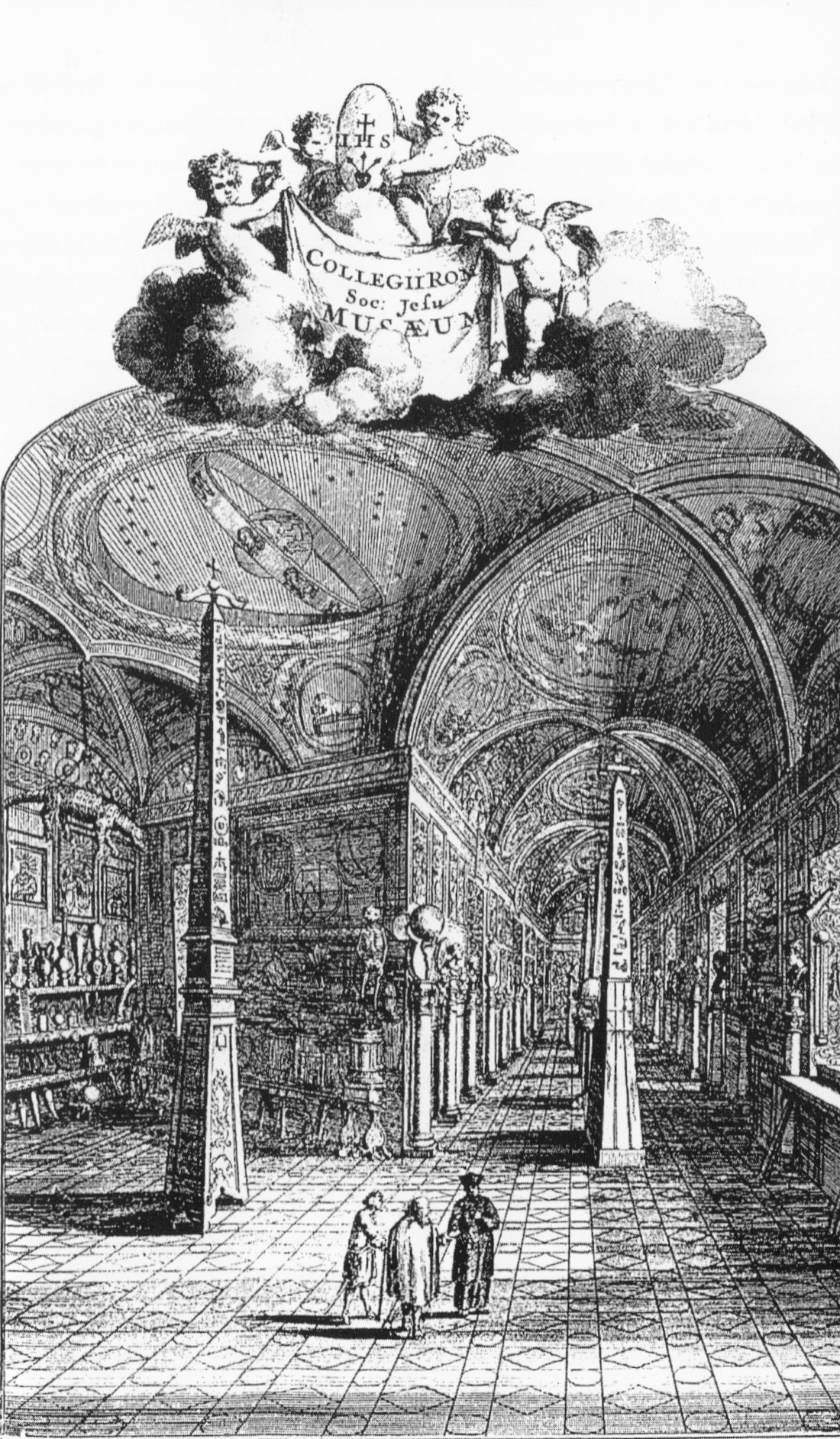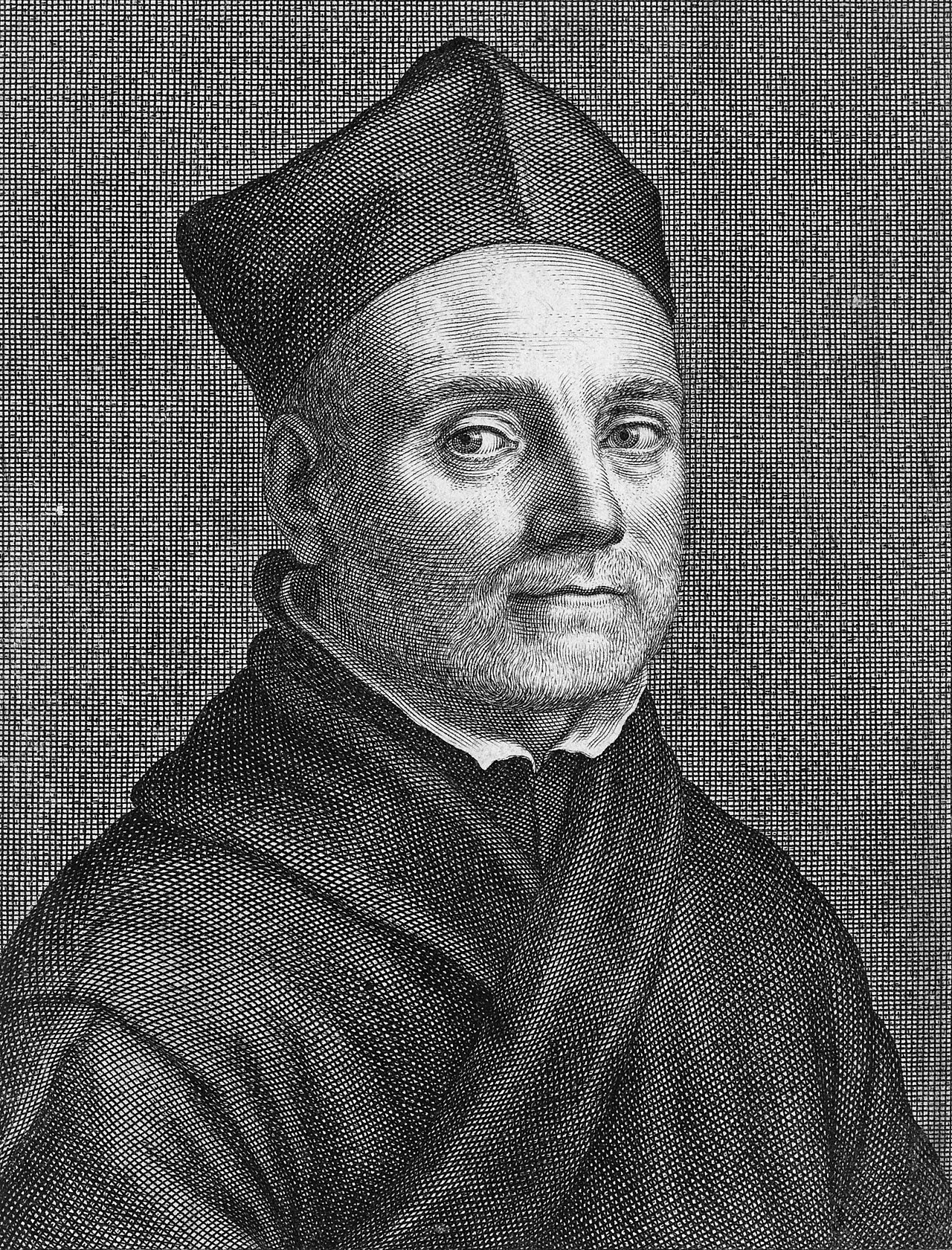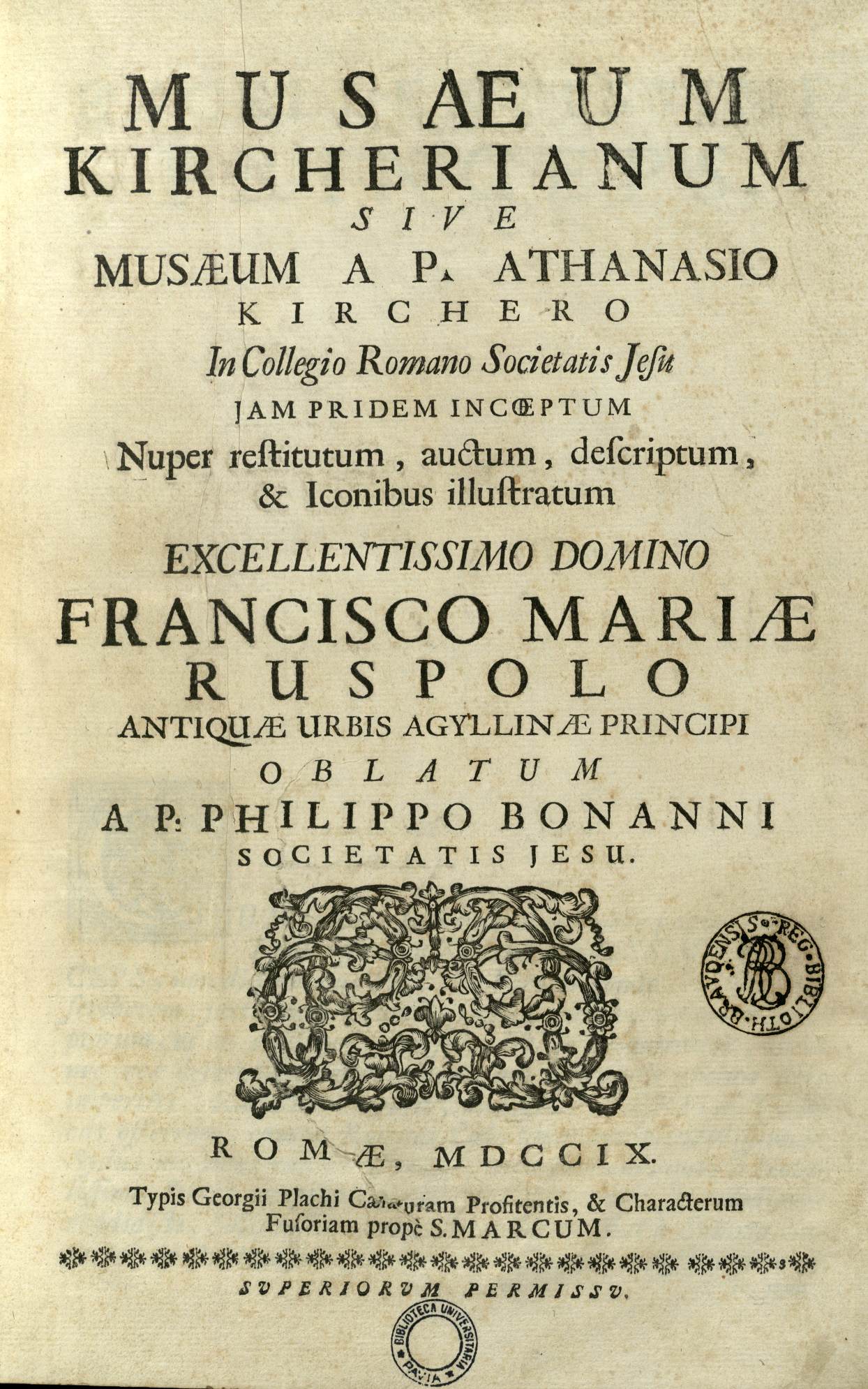About
Michael Kirchner
Artificial Intelligence Research Scientist
Michael Kirchner is an AI Research Scientist.
He trains large models to solve difficult problems and has degrees in Mathematics and Finance from The University of Iowa. He previously worked as a Quantitative Researcher at a high-frequency trading firm, and now works as a data scientist in a large consulting firm, where he builds custom AI solutions for clients of all sizes and industries.
His research in AI includes multimodal models, reinforcement learning, time-series, knowledge graphs, and the intersection of AI and philosophy.
The Origin of Kirchnerianum
The name of this blog, Kirchnerianum, is a reference to the Kircherian Museum, a 17th-century knowledge repository curated by Jesuit polymath Athanasius Kircher.
The Kircherian is considered to be the first museum in the world.
The museum's expansive collection began in 1651 following Alfonso Donnini's donation of his "Cabinet of Curiosities" or "Wunderkammer". Kircher developed this gift into what became the Kircherian, a widely-visited spectacle of all varieties of science, art, archaeology, and technology.
Kircher's work was an early intersection between cutting-edge science and ancient philosophy, and the collection reflects his pursuit of knowledge that defies traditional categorization.
This site is meant to be an unbounded collection of intellectual curiosities. My digital Wunderkammer.
Using the Past to Understand the Present
Kircher's ambition to span disciplines came during a time in European history that saw a remarkable emergence of interdisciplinary inquiry. The boundaries between different fields of study were not yet strictly defined, and scholars aimed for a more holistic understanding of both the natural and cultural world.
I find many parallels to the state of AI research today. The field is still in its infancy, and it seems the boundaries between different subfields are not yet clearly defined. Even its relation and applicability to other major fields of science are still being worked out.
Some of the most exciting research is happening at the intersection of different disciplines, and the most promising models are those that can integrate knowledge from multiple domains.
The ideas and problems grappled with by early scientists and philosophers can provide much insight into the most difficult questions we face today.
The Kircherian Museum

The Kircherian Museum as it appeared at the Roman College. This intricate depiction comes from "Turris Babel" published in Amsterdam in 1679.
Filled with artifacts, manuscripts, scientific instruments, and natural specimens, the museum functioned as a meeting point for scholars, scientists, and intellectuals of the time.
Athanasius Kircher

Athanasius Kircher, "Master of a Hundred Arts"
Taken from his seminal work, Mundus Subterraneus (1664)
Kircher led a life dedicated to the pursuit of scientific and arcane knowledge across domains. It is difficult to name in brief the fields he demonstrated expertise in. While a professor of mathematics and physics at the Roman College (now the Pontifical Gregorian University), he was also making significant contributions to vastly different fields including linguistics, geology, and medicine.
He was a pioneer in the fields of Egyptology with many attempts at decipherment of hieroglyphics and is credited with inventing the megaphone, the magic lantern, and the first cat piano.
As a scholar of language, he published many works on linguistics, translation, and the origins of human communication.
Kircher's work in physics spanned magnetism, acoustics, and the properties of light.
As a student of antiquity, Kircher was intrigued by ancient knowledge and alchemy. His fascination with the esoteric was evident through his explorations in metaphysics, cryptography, hermetic philosophy, and symbology.

Filippo Bonanni's "Musaeum Kircherianum", 1709
"Nothing is more beautiful than to know all." - Athanasius Kircher
He knew this attainment was out of grasp, but found fulfillment in the pursuit. I'd like to think he would have enjoyed the internet.